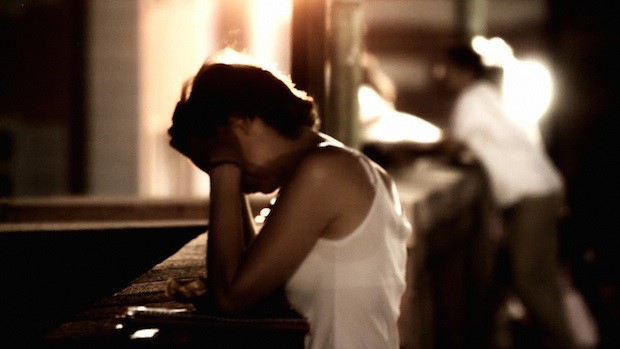
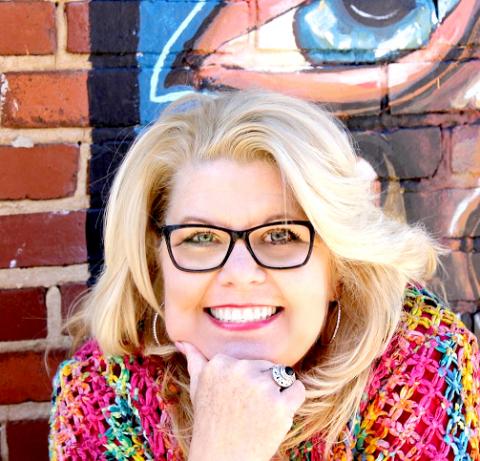
By Julie Owens*
(From a July 19 Domestic Violence Facebook group post. Used with permission.)
Do you give advice to domestic violence victims? This is unwise and dangerous. It’s a bad idea based on the belief that we know what’s best for them.
Giving the same advice to all victims is even worse. Victims need individualized information and support, not generic advice. Following our advice could get them killed, or otherwise make things much worse for them. We do not know what is best and safest for any victim.
Victims are often told, “Just leave!” But leaving their abuser is undoubtedly the most dangerous thing they will ever do.
This is when the worst violence and almost all DV homicides occur. Victims need to leave only when and if they are ready to do so. (Ideally, this is once they have a safety plan in place; but this isn’t always possible.)
Advising someone to “Just leave” and suggesting that things will be better if she does is just irresponsible. WE DON’T KNOW THAT.
It’s especially critical that well-meaning helpers not give “one size fits all” advice to victims. Here’s the standard sequence of recommendations by those with inadequate understanding or training:
1) “Report the abuse to authorities.”
2) “Leave your abuser.”
2) “Get a restraining order.”
3) “File for divorce.”
4) “File for custody.”
If only that’s all there was to it! This simplistic approach has to stop.
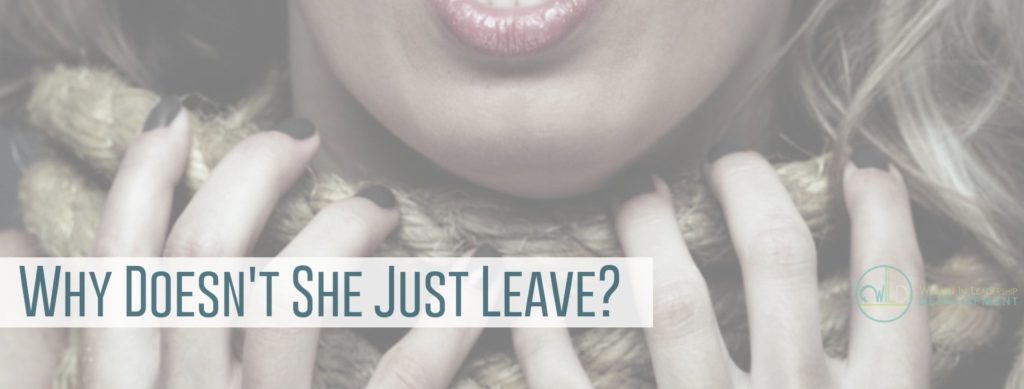
So what do we do? First, we educate victims, as we confidentially and carefully support them. They have a right to the facts. They need to understand their options and be allowed to make informed decisions without pressure from us.
In order to do this, they need information, not just phone numbers. This means it’s up to us to explain not only the potential benefits but also the potential pitfalls of acting on those options.
The one place most victims will probably end up sooner or later is in court, either via the criminal justice system, or the family court system, or both. These places can be a victim’s friend, but they are both flawed, very imperfect “systems.” They may help or hurt, and victims should be told this.
Rarely is a victim’s experience in either system neutral. For example, victims who call the police are often themselves wrongly arrested and subsequently labeled as a “domestic violence offender.” This can lead to their abuser being granted a protective order against them and gaining temporary custody of their children. From there, getting full long-term custody becomes much easier for the abuser.
Victims granted a protective order may be subjected to worse abuse in retaliation or may find that their enraged abuser completely ignores it. Those filing for divorce and custody may spend tens of thousands of dollars and lose everything anyway, including custody; perhaps even visitation.
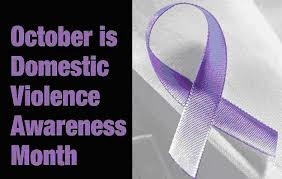
This is why it is absolutely critical that we educate victims, survivors, advocates, counselors, faith leaders and other helpers about why giving advice is such a bad idea.
Victims deserve the truth, no matter how hard it is. They need to be told that in the U.S. women almost always lose custody when it is contested, and that most abusers will contest it. We are not “protecting” them by giving them false assurances or suggesting that “no one would give custody to an abuser” (or a drug addict or a bad father or a man who abuses his partner, etc.). It just isn’t true.
To some extent victims are “damned if they do and damned if they don’t.” They will suffer whether they leave or stay; so whatever they do, it needs to be their decision.
Many survivors have told me that they’d never have left their abuser if they’d known they would lose custody and not be able to protect their children.
While no one wants to see a victim stay with an abuser, the fact is, it’s her choice to make, not ours. Who are we to say that her children will be more adversely affected if she stays than if she leaves and they never see her again?
Every victim’s situation and every abuser is different. Our job is to believe them, support them, and refer them to those with expertise in DV—primarily to shelters and survivor support groups for safety planning, ongoing support and court advocacy if desired.
Being a victim of DV is damn hard. Being a survivor is sometimes even harder. Let’s not make things more difficult by telling women what to do and thinking we know what is best for them.
WE. JUST. DON’T.
*Julie Owens is a Domestic Violence Expert & Consultant who also addresses trauma and human trafficking concerns and provides DV response training to faith communities. Visit her website at www.domesticviolenceexpert.org. She keynoted the Eastern PA Conference’s first Domestic Violence training event, “Domestic Violence: A Faithful Response” in June 2015. See our story, “Churches learn to respond to domestic violence.”
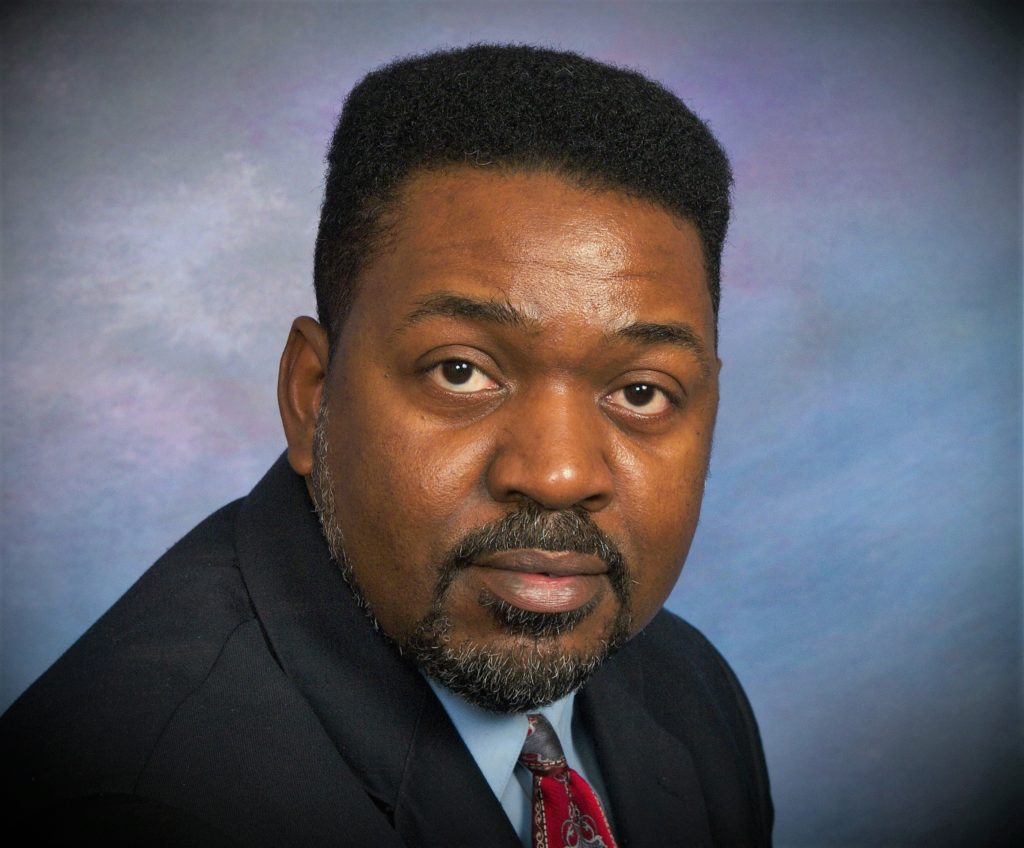
Register now for the Eastern PA Conference Domestic Violence Committee’s second “Domestic Violence: The Church Responds” training event during this quadrennium. Scheduled for Saturday, Sept. 28, 9 AM to 3 PM, at Simpson House (2101 Belmont Ave, Philadelphia, PA), it will focus on helping men and boys unlearn and heal from toxic masculinity (i.e., socialized attitudes and behaviors that contribute to intimate-partner abuse). The Rev. Rickie Houston, a domestic violence specialist and trainer with the organization A CALL TO MEN, will keynote the event.
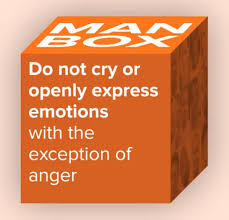
The half-day seminar, designed for men and boys and the women who love them, will also feature a panel discussion with Houston, Chester County domestic violence prevention and response specialists, and the Rev. David Piltz, a campus minister, pastor, coordinator of young people’s ministries and Marriage and Family Therapist.
Afternoon workshops will include:
- Healing the Community of the Trauma of Domestic Violence
- Teaching Respect and Helping Men Prevent Domestic Violence
- When Love Hurts: The Dynamics of Domestic Violence
The $20 cost includes breakfast, lunch and resources. CEUs (0.5 ) are offered by request. Download the flyer. Learn more
